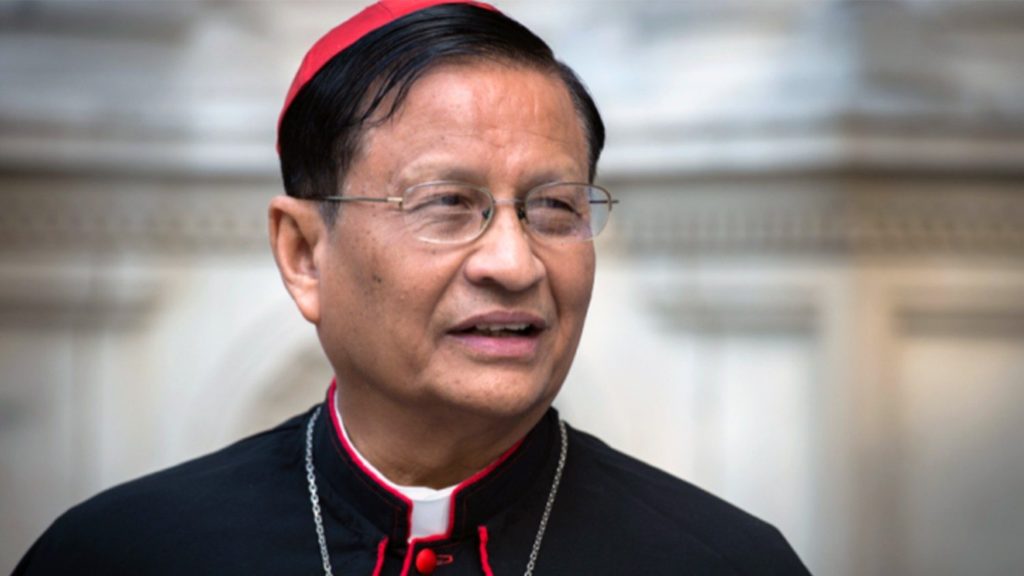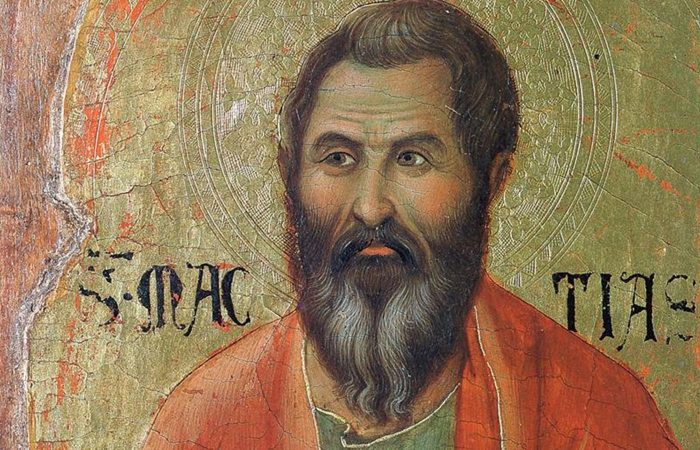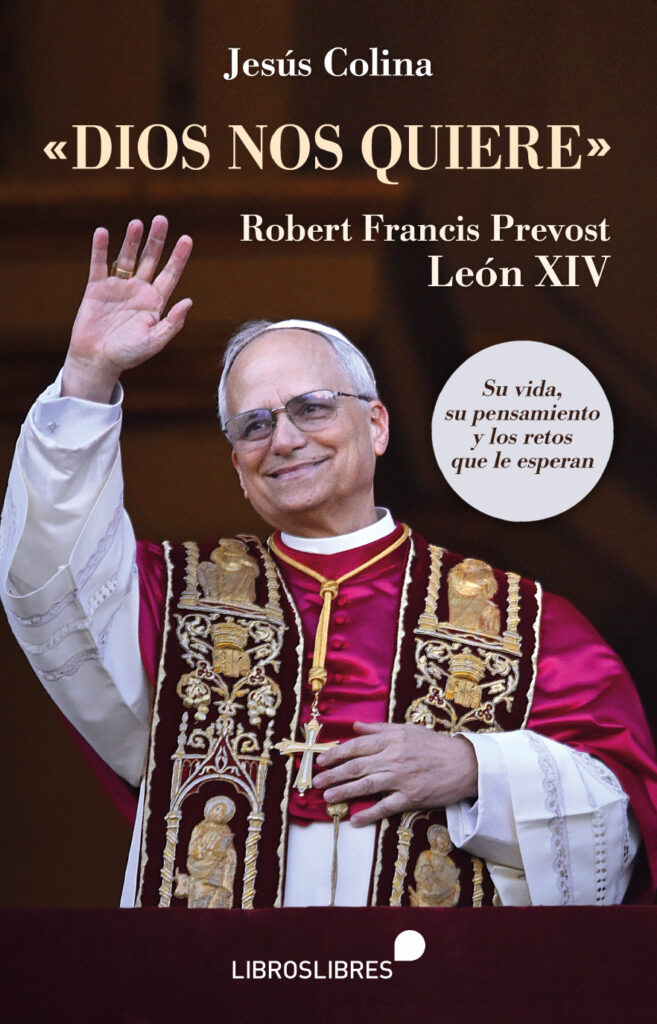Cardinal Bo: Homily, Fourth Sunday of Easter
'May the healing hand of the Risen Lord touch each one of you'

Following is the sermon preached By Cardinal Charles Maung Bo, Archbishop of Yangon, Myanmar, for the Fourth Sunday of Easter: Good Shepherd Sunday: World Day of Vocations.
******
Dear Brothers and Sisters in Christ Jesus,
May the healing hand of the Risen Lord touch each one of you. May the families struggling for food and survival be protected by the Good Shepherd. We continue to pray that the Good Shepherd may lead our nation to the greener pastures of hope and peace.
We are on the fourth Sunday of Easter. This Sunday is designated as the Good Shepherd Sunday. Pope Francis has declared this Sunday also as the World Day of Vocations. We have much to pray for, especially in Myanmar. We continue to knock at God’s door unceasingly. The events in our country seemed to have escaped all human efforts, only God in his infinite mercy can stop all the agony.
Let the whole nation pray to God of all life and light. Good Shepherd is a consoling and comforting concept to us. Jesus’ power is expressed in his concern, compassion and seeking the least and the lost. We need all these in Myanmar today. We pray to the Good Shepherd that the whole nation can sing with the psalmist saying: The Lord is My Shepherd; nothing I shall want.
Today’s three readings bring us great consolation. From the Acts of the Apostles, we hear the process of healing: Healing a man born crippled. Not only his body was crippled, his spirit was crippled, his hope was crippled. Peter heals him. He tells everyone, it is not by his power, but through the power of Jesus Christ, he healed him. Yes. We pray for the healing power of Jesus.
It is to the same Jesus we pray today, kneeling asking him to heal all the crippled nature of this nation, crippled of peace, crippled of compassion. In this Paschal season, we pray “Lord Jesus, you too were tortured, you too were condemned to ignoble death which you converted to glory through resurrection, give to our nation, the magnanimity of humanity and peace.”
The image of the Good Shepherd as a consoler, protector, and accompanier is already seen in the moving psalm 23. Let those words of the psalm be uttered by every lip and every tongue in Myanmar.
The Lord is my shepherd, I lack nothing. He makes me lie down in green pastures,
He leads me beside quiet waters, he refreshes my soul.
He guides me along the right paths for his name’s sake.
Even though I walk through the darkest valley, I will fear no evil, for you are with me;
Your rod and your staff, they comfort me. (Psalm 23)
The second reading consoles us further: John tells his faithful: Men may be cruel to you, men may destroy your life, men may bring enormous sorrow. But be consoled. Your destiny in God because you are the children of God already on this earth. It is God who protects the weak, vulnerable, and the orphan. God has not given up his people. Stay comforted. When God’s time comes, no one can resist His Power.
Today’s Gospel words are like a kind mother wiping the tears of a wounded child. The metaphor of Jesus as the Good Shepherd comes to Myanmar people at the time they have known only suffering. It is Jesus who holds us like a lamb and consoles us. He tells each one of us: I am the Good Shepherd. I know my sheep. Yes, he knows our tears, our brokenness, and shattered ness.
This chapter of John’s Gospel follows Jesus’ healing of the man born blind and the rejection of this miracle by the Jewish leaders who question Jesus’ authority to heal. Jesus responds to this challenge by calling himself the Good Shepherd. He is criticizing the leadership of the Pharisees and the other Jewish leaders. The Pharisees and other Jewish leaders are so angry that they attempt to stone and arrest Jesus (see John 10:31,39). Doing Good is always a risky venture, even two thousand years ago. Those who try to affirm good have been always strangled by evil. But evil will have a natural death. Darkness will give way to light.
The image of Christ as our Good Shepherd has always appealed to human nature. One of the earliest paintings of Christ in the Roman catacombs represents him as carrying an injured sheep on his shoulders. Most of the first Christians faced enormous suffering for their faith: they were arrested, they were tortured, they were killed. Amidst all those pains, they projected Jesus as the Good Shepherd tending the wounded sheep. This is a manifestation of love that touches our innermost feelings. The actions of the Good shepherd are based on a loving relationship. Not domination.
A true leader is like a Good Shepherd. He does not kill sheep for his pleasure, he does not torture his sheep. He gives his life for the sheep. He has love for the most vulnerable sheep. Jesus’ leadership is not based on power, arrogance. The Pharisees and the Jewish leaders were arrogant false shepherds. Their words were hallowed, their actions were evil. Shepherds become killers of their sheep. Those leaders are fake leaders.
Jesus says that the actions of the good shepherd are based upon the relationship that develops between the shepherd and the sheep. This is at the heart of the difference between the good shepherd and the hired shepherd. The good shepherd knows the sheep and therefore acts out of love. For the Good Shepherd, this is never simply part of a job; this love-in-action is integral to his identity. Power as Pope Francis has constantly reminded is expressed through service. Power is love in action. Not hatred and death. May we offer our whole nation to the protection of the Good Shepherd and pray that all of us will be lead to the green pastures of hope and peace.
The second theme of today is the celebration of the World Day of Vocations. Pope Francis has released a statement in Vatican to celebrate this day as the day of generosity. Though we have identified vocation only to religious or priestly life, the Church celebrates four kinds of vocation :
- Vocation to Family life: God the Father celebrated this vocation with Adam and Eve: the call to create life, nurture life, and live a holy life as the Holy Family.
- Contemplative life: The life that Mary lived and Jesus lived in silence for thirty years. God calls many of us to a very special vocation of very strict, silent, and ascetic contemplative religious life like the Carthusians and Carmelites.
- Active Religious life and Priestly vocation: Many are called to active apostolate, service God, and serving humanity. Service is the greatest gift one can give to God who in Jesus affirmed the mission of service. Priests are specially called to break the Word and break the bread.
- Apostolic Celibacy: There are others called to ‘secular institutes’ with consecrated chastity as a symbol of the Kingdom. There are many secular institutes in the world, doing great service among the laypeople.
Thankfully Myanmar has had a large number of vocations in the past. But as the country faces great challenges, the Church needs generous souls. Each family is the nursery of vocation. Please think of great missionaries who came from Europe, sacrificing their comfort to bring the light of the Gospel to this nation. We need to have more generous souls offering their service to the people of God. We are glad some of our own Sisters and Priests have gone out as missionaries.
Vocation is God’s gift. When God’s Grace is there, everyone is empowered to be full-time workers in the vineyard of the Lord. It is not by education, not by status, not by riches one is selected by God. It is a gift given by God to a generous soul.
In this year reflection on Vocation, Pope Francis has shown St Joseph as the model of vocation. The man who did not speak a word is given as the model of vocation. Pope Francis finds three major characteristics that are found in St Joseph that entitled him to the ideal model of vocation.
- Dream: St Joseph was a man guided by the dream. Most of the dreams were challenging but in faith, he followed the dream. Each one of us is challenged in many ways in our life, especially in recent times. All the youth in this country have a dream. All dreams are challenging. But like Joseph, challenges should never deter us from dreaming and follow our dreams.
- Great Challenges: Because of his call, St Joseph faced many challenges. His son was about to be massacred by Herod. Like hundreds of parents who wish to protect the life of their children, Joseph was threatened by the arrogant Herod. Herod committed one of the worst infanticides in history, killing all the children. Joseph not only survived the fear and anxiety and killing but saved his family. Our Youth will survive their challenges.
- To Love and to be Loved: Every vocation is a call to love. Joseph loved his family and in turn, was loved by the family. Human life is a call to love. Each one of us is called to the vocation of being a human being. How sad, that this grace is not given to some people who have never known love but only hatred in their hearts.
These are days on knees. Knees. Yes. Myanmar is on her knees. We kneel down constantly. In prayer, we kneel down. In our sorrows, we kneel down. In our dark moments of despair, we kneel down. We pray to the Good Shepherd, protect all of us, our children, lead us to the green pastures of peace and hope. Even if we walk in the valley of darkness, let your hand guide us.
We also pray for the vocation to humanity for everyone in this country. Rich men, powerful men, all sorts of men need to be humanized and be born again into humanity. We offer every family in Myanmar, the families that struggle with so many challenges, lack of food, lack of livelihood, and other challenges be blessed by our Good Shepherd with a peaceful life.
May God Bless you all.
Related

Zaña, the “gateway to heaven” in Peru, where Bishop Prevost founded a school for the future
Hernán Sergio Mora
16 May, 2025
2 min

St. Vincent de Paul. 140 years as Patron of Charity Associations
Exaudi Staff
16 May, 2025
4 min

Saint Matthias, Apostle, May 14
José Miguel Bracero
14 May, 2025
4 min

The first book on Pope Leo XIV reveals unknown aspects of his life and thought
Exaudi Staff
14 May, 2025
3 min
 (EN)
(EN)
 (ES)
(ES)
 (IT)
(IT)

